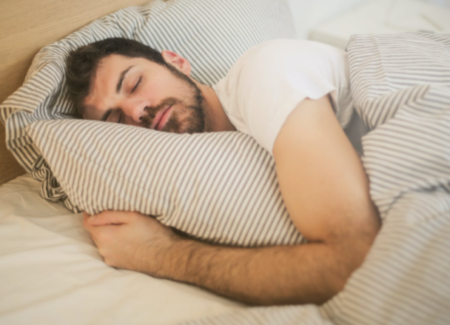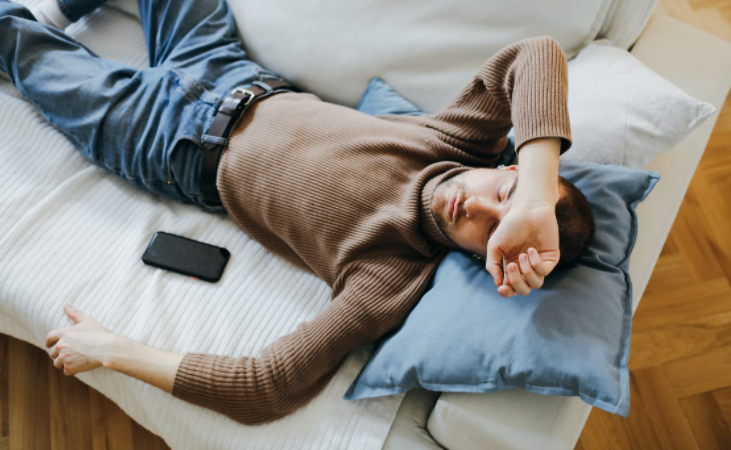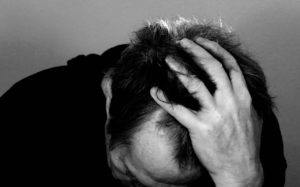Over the past decade, the dilemma of sleep apnea and its possible health consequences have been studied and discussed. Today, it is not uncommon to understand someone with a diagnosis of this specific sleep disorder. My particular case of sleep apnea was diagnosed about twenty years ago, and I have been living with the condition and its treatment ever since. But, then, what I learnt here is that you should know how to use and how to clean your cpap machine. This is common with sleep apnea, as sufferers rarely realize what is going on and are not aware that their breathing is disturbed or they occasionally wake up during the nighttime hours.
Overview of Sleep Apnea
Sleep apnea is a sleep disorder where there are breaks in the breathing process or breathing is too slow during sleep. The pauses in the breathing process can last from a few seconds to many seconds. In central sleep apnea, a person’s breathing is characterized by low work of breathing. This type comprises less than 1% of sleep apnea cases. In obstructive sleep apnea, which is the type I have, breathing is interrupted by a specific airflow blockage. OSA accounts for 84% of sleep apnea cases. Mixed sleep apnea is a mixture of the two and accounts for the remaining 15% of cases.
Symptoms of Sleep Apnea
 People with sleep apnea can persist for years without being properly identified, and they may be so accustomed to the signs of fatigue and sleepiness that they have no idea there is a problem. Although more common in adults, sleep apnea can also affect children. In addition to daytime sleepiness, sleep apnea can also cause vision problems, decreased stamina, very low blood sugar levels, and slow reaction times, especially when driving a vehicle.
People with sleep apnea can persist for years without being properly identified, and they may be so accustomed to the signs of fatigue and sleepiness that they have no idea there is a problem. Although more common in adults, sleep apnea can also affect children. In addition to daytime sleepiness, sleep apnea can also cause vision problems, decreased stamina, very low blood sugar levels, and slow reaction times, especially when driving a vehicle.
There is also growing evidence that sleep apnea can lead to impaired liver function. If left untreated, a whole host of diseases can develop over time, including diabetes, high blood pressure, and heart problems, and stroke. In my particular case, my wife brought some of the indicators to my attention. In addition to the alcoholism that kept her awake at night, she noticed that she seemed to hold her breath for short periods. She was also experiencing periods of great fatigue during the day. This led us to visit our doctor and eventually a sleep specialist.
CPAP Machine as the Best Treatment
Some of the things that contribute to sleep apnea can be addressed as part of possible therapy. For example, losing weight, avoiding alcohol, and learning to sleep on your side instead of your spine can help combat this condition. For moderate to severe cases, the treatment of choice would be the use of a CPAP machine. The opposite end of this tube connects to the CPAP machine, which delivers air. Although the use of a CPAP system is very effective in reducing sleep apnea, many patients find the face mask uncomfortable. This is because it would have to be very individualized to address that person’s specific obstruction issues.…




 Nausea, Vomiting, Diarrhea
Nausea, Vomiting, Diarrhea